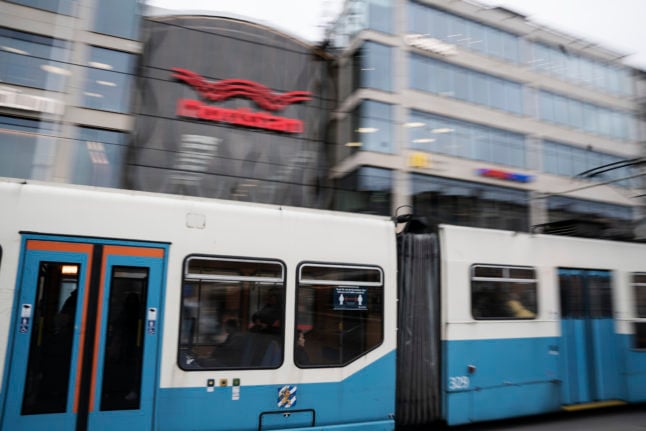Most of the complains sent to KO, the Swedish Consumer Agency, were regarding fines of 1,500 kronor, which is the penalty for not having the right ticket on public transport.
The agency’s analysis of the complaints showed that many of the travellers had a ticket but didn’t pay enough, didn’t have a receipt or bought the wrong type of ticket in the app. Many are critical that the fine in these cases is not written off or reduced.
“We see that there is great frustration among those who have ended up in this situation. Many people experience it as unfair to be treated as travellers who intentionally did not want to buy the right ticket,” Fanny Forsling, lawyer at KO said.
KO will now contact the transport companies to review the reasons for the fines.
Systematic ticket inspections were halted in Stockholm during the coronavirus pandemic and as a result, there was an increase in people travelling without a ticket.
Let us know your thoughts on Sweden’s public transport ticket fines by emailing us.
Swedish vocabulary
fine – böter
ticket – (en) biljett
travelling without a ticket – planka



 Please whitelist us to continue reading.
Please whitelist us to continue reading.
Member comments